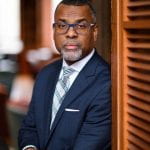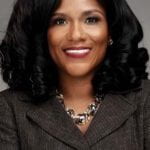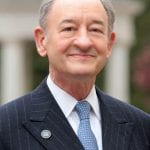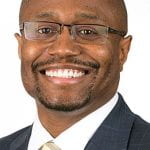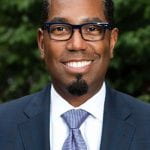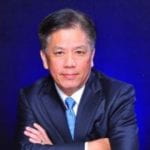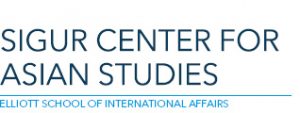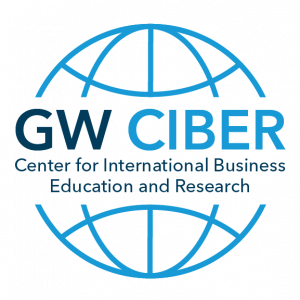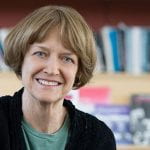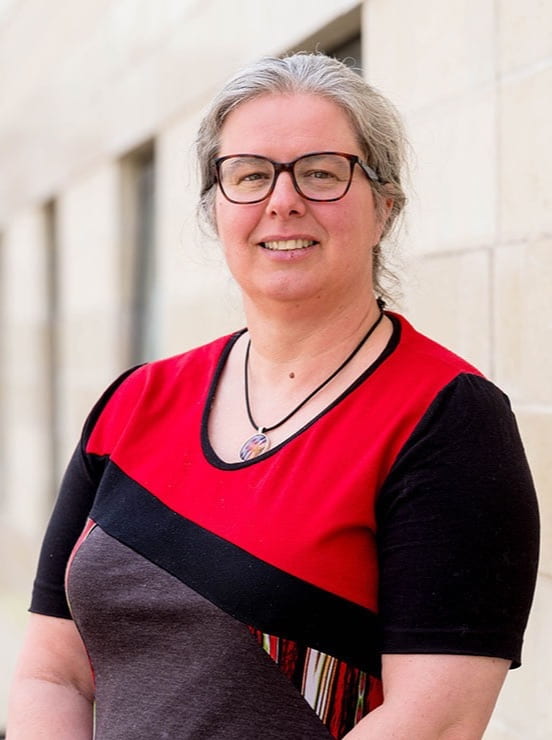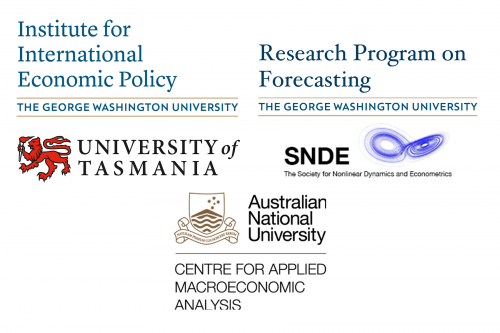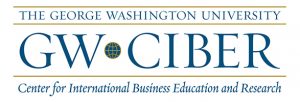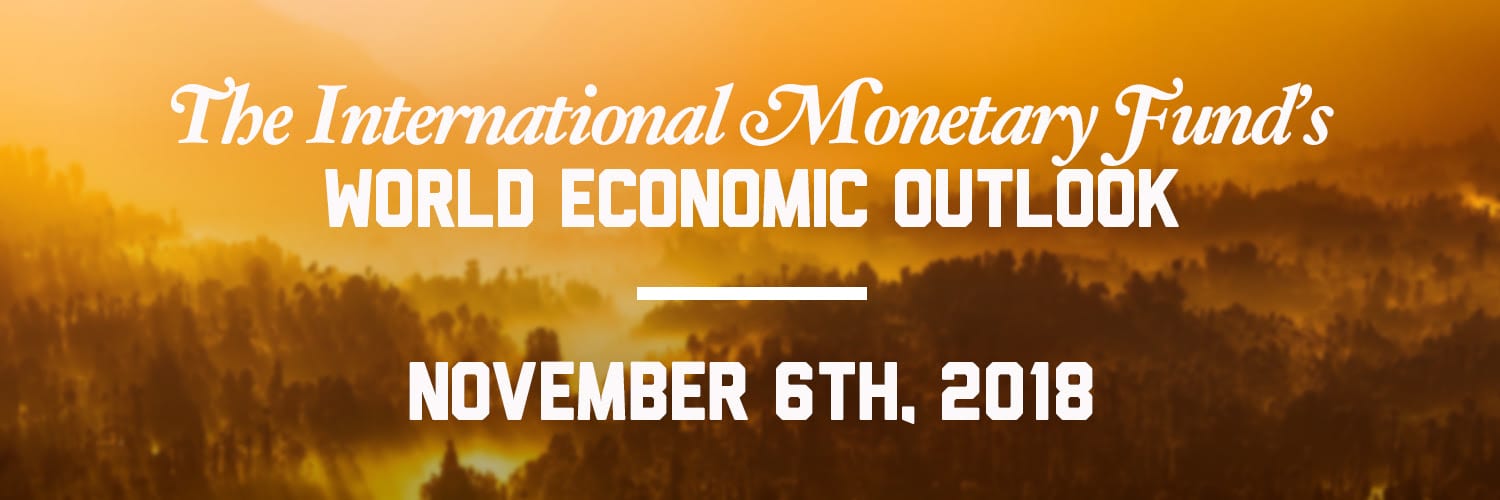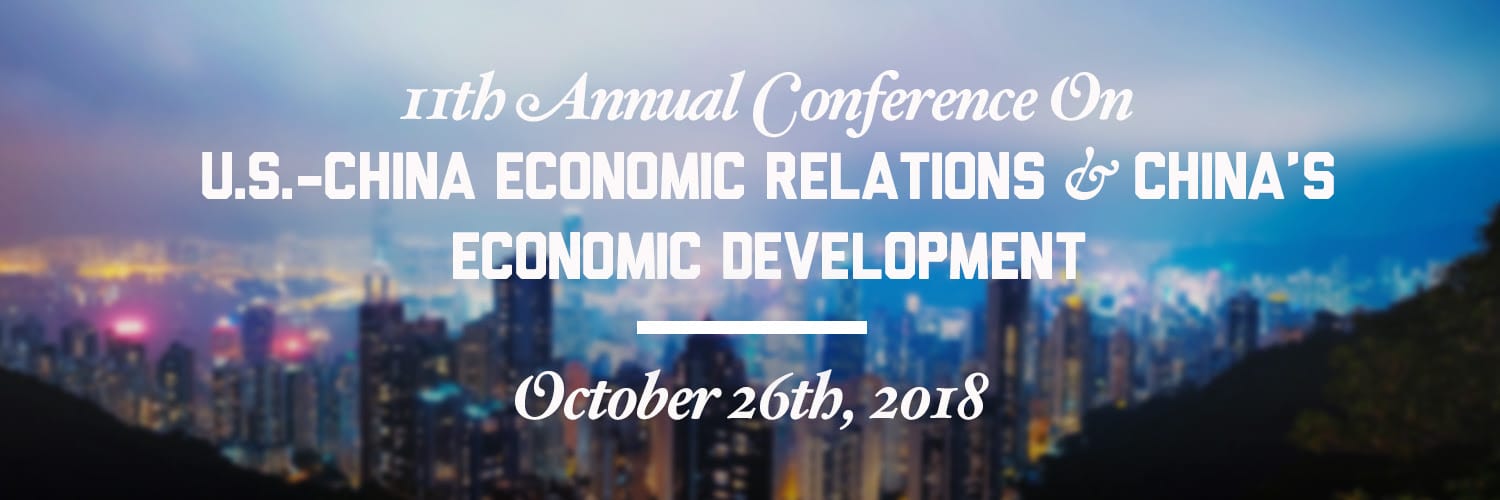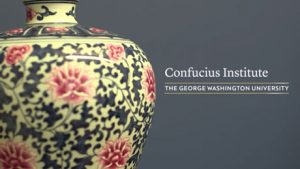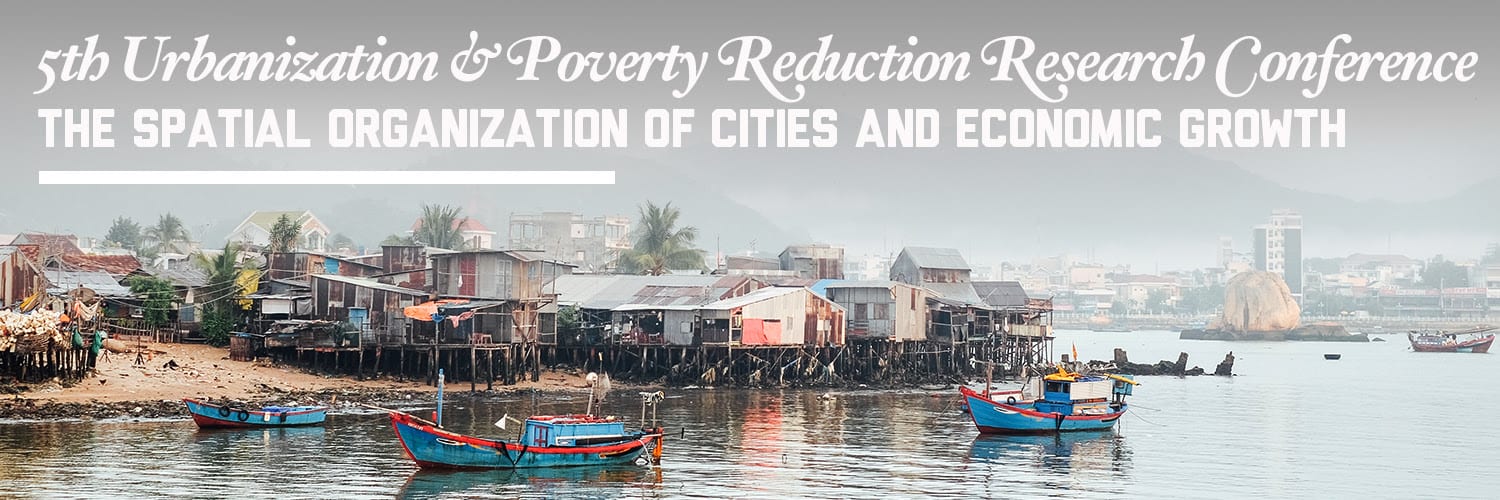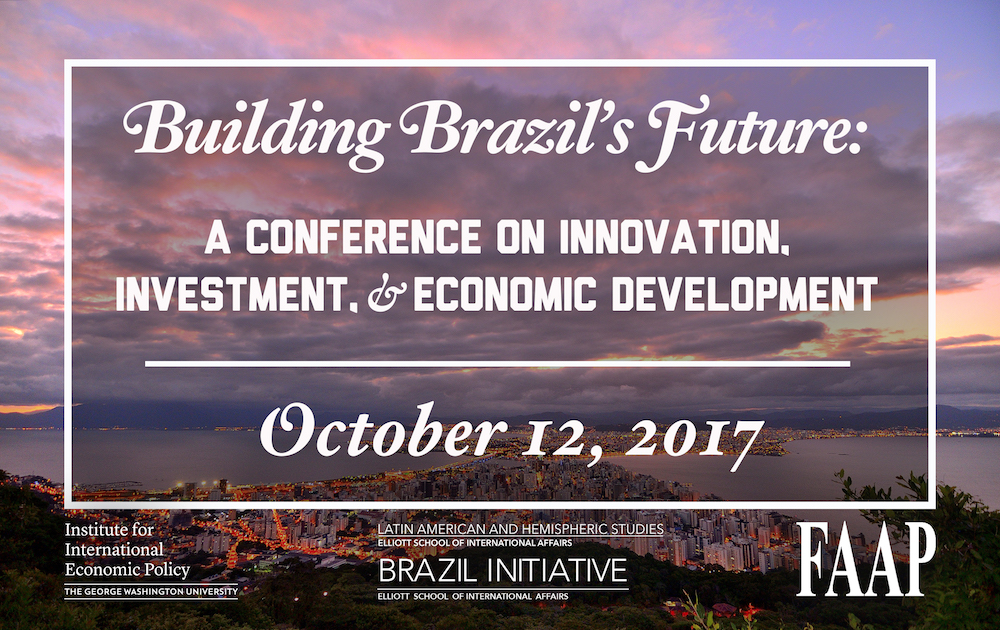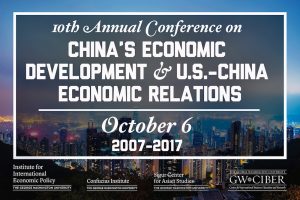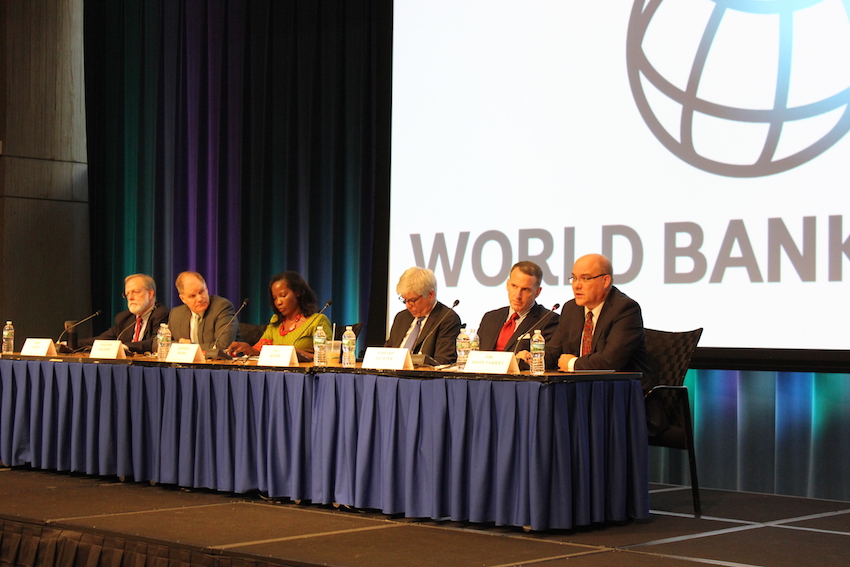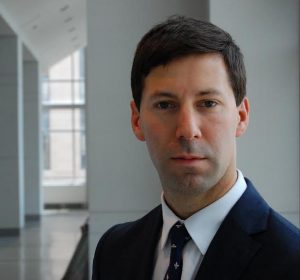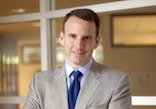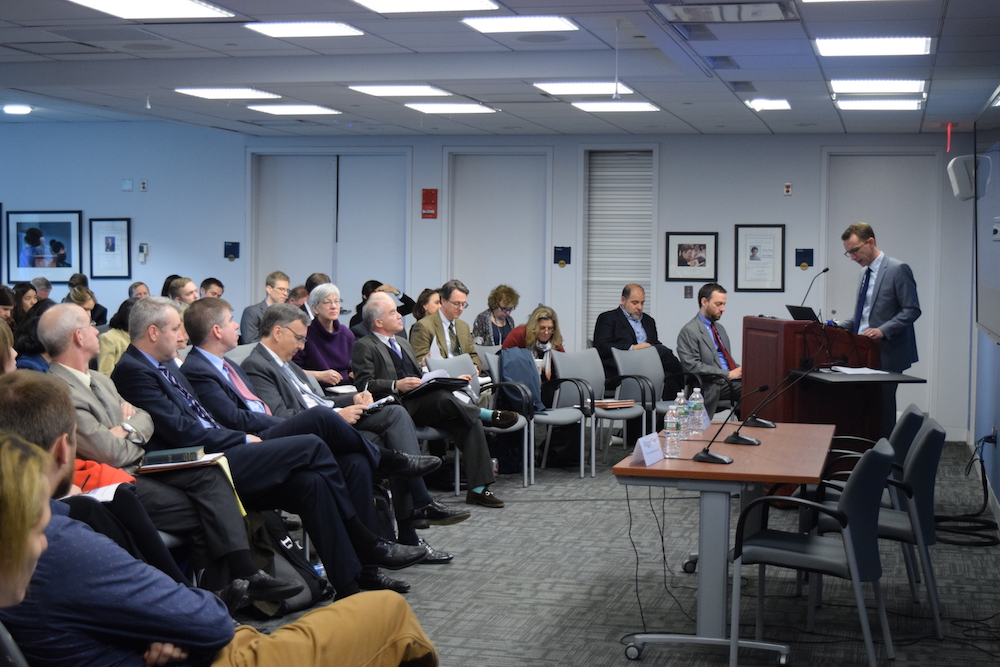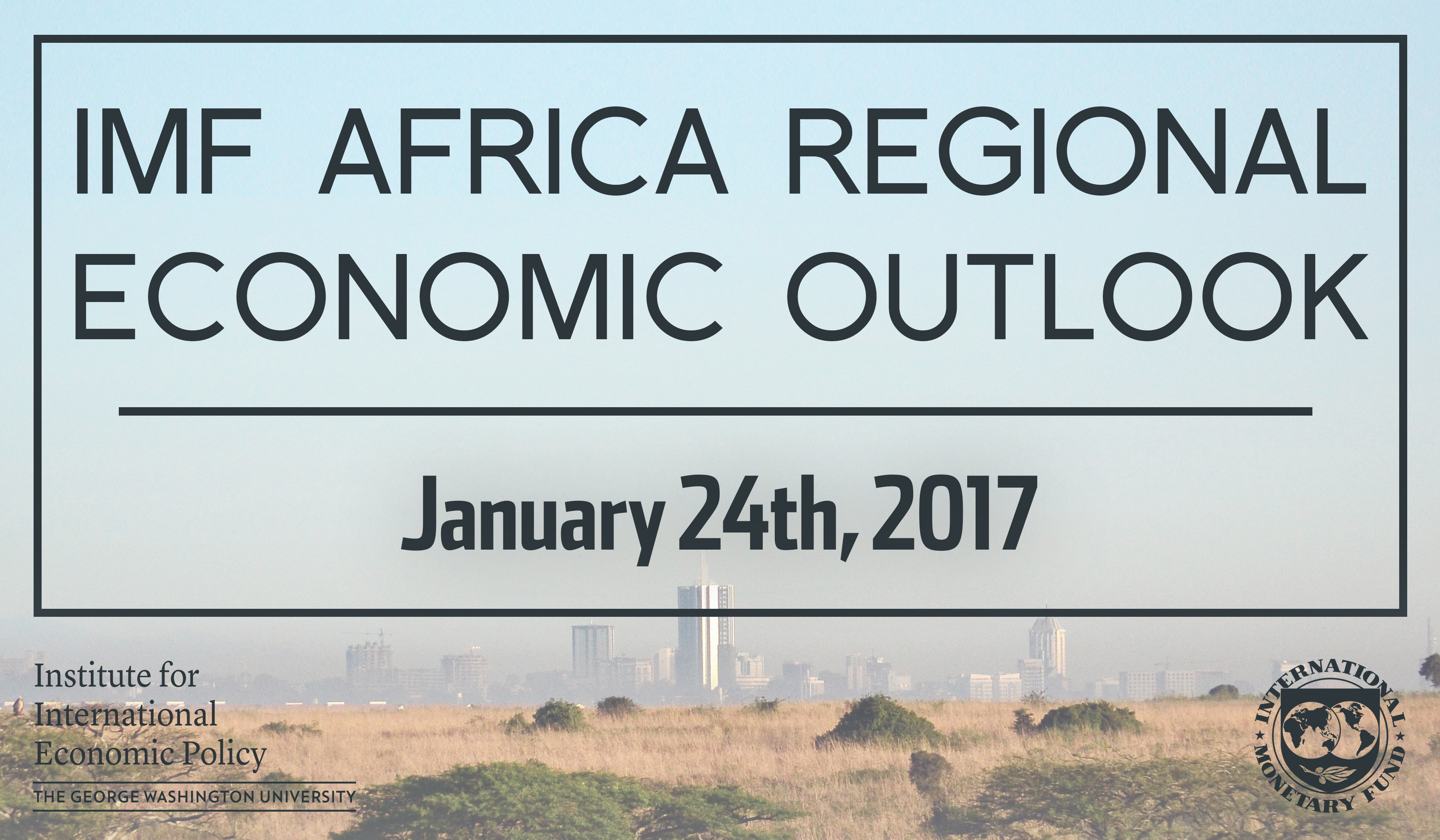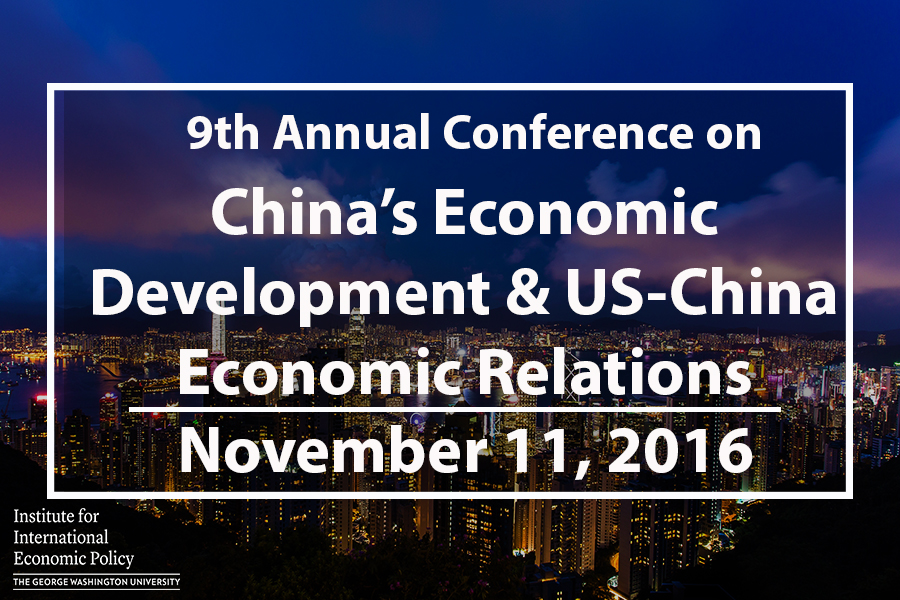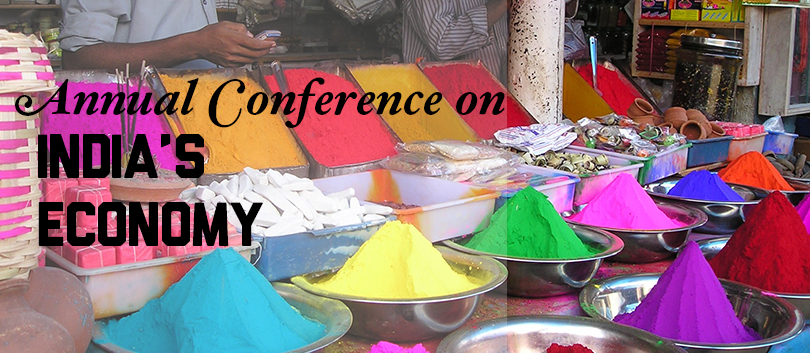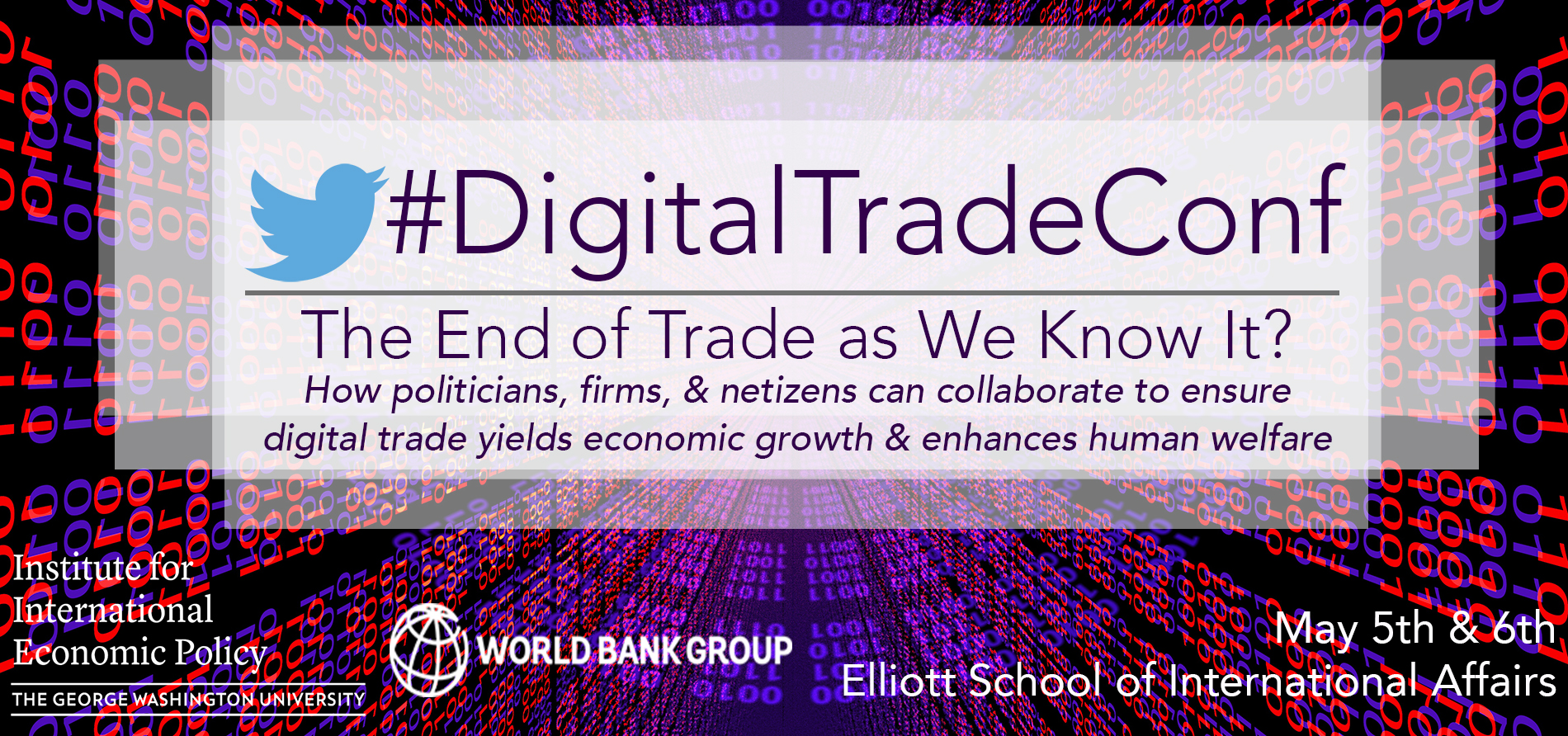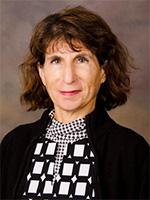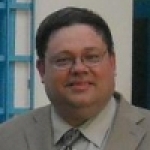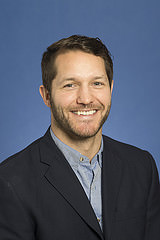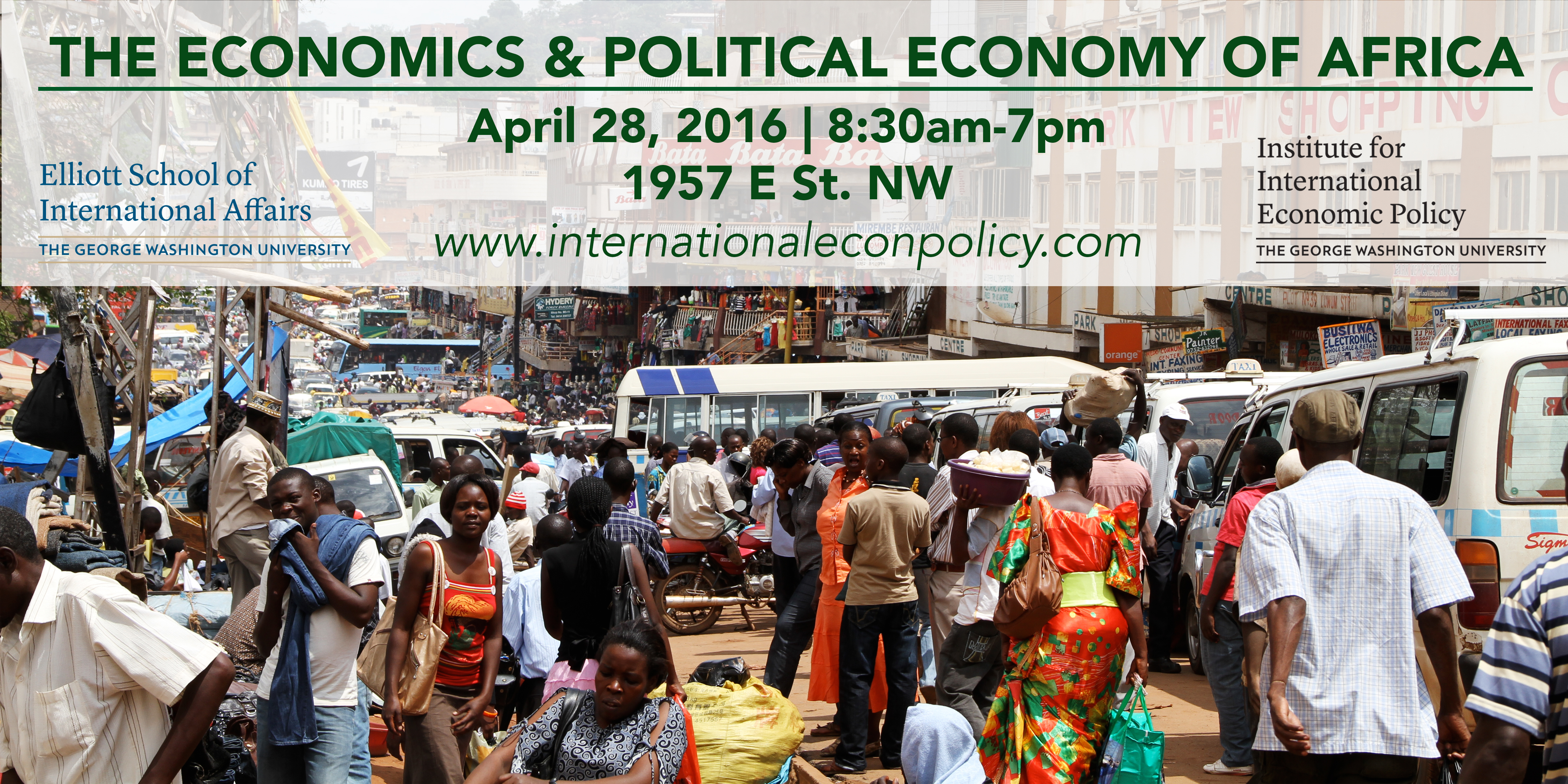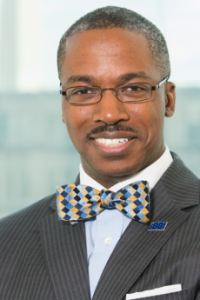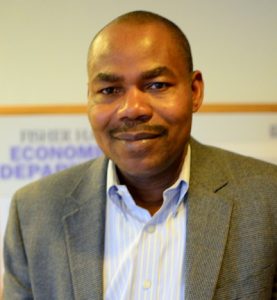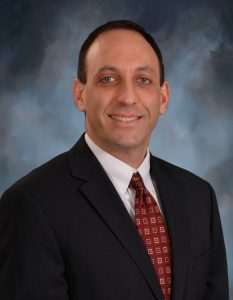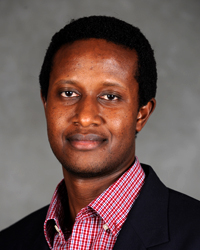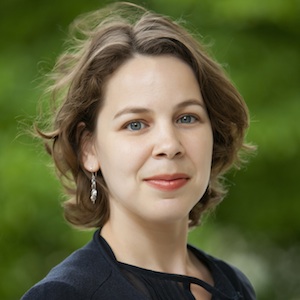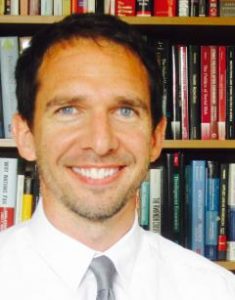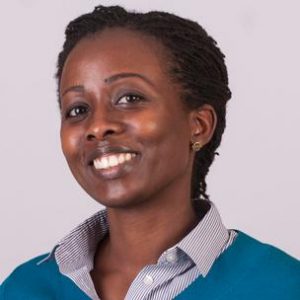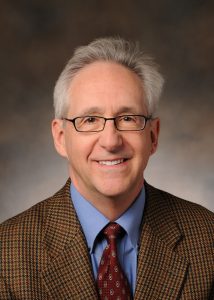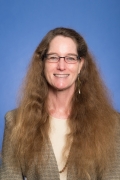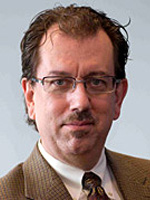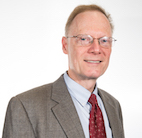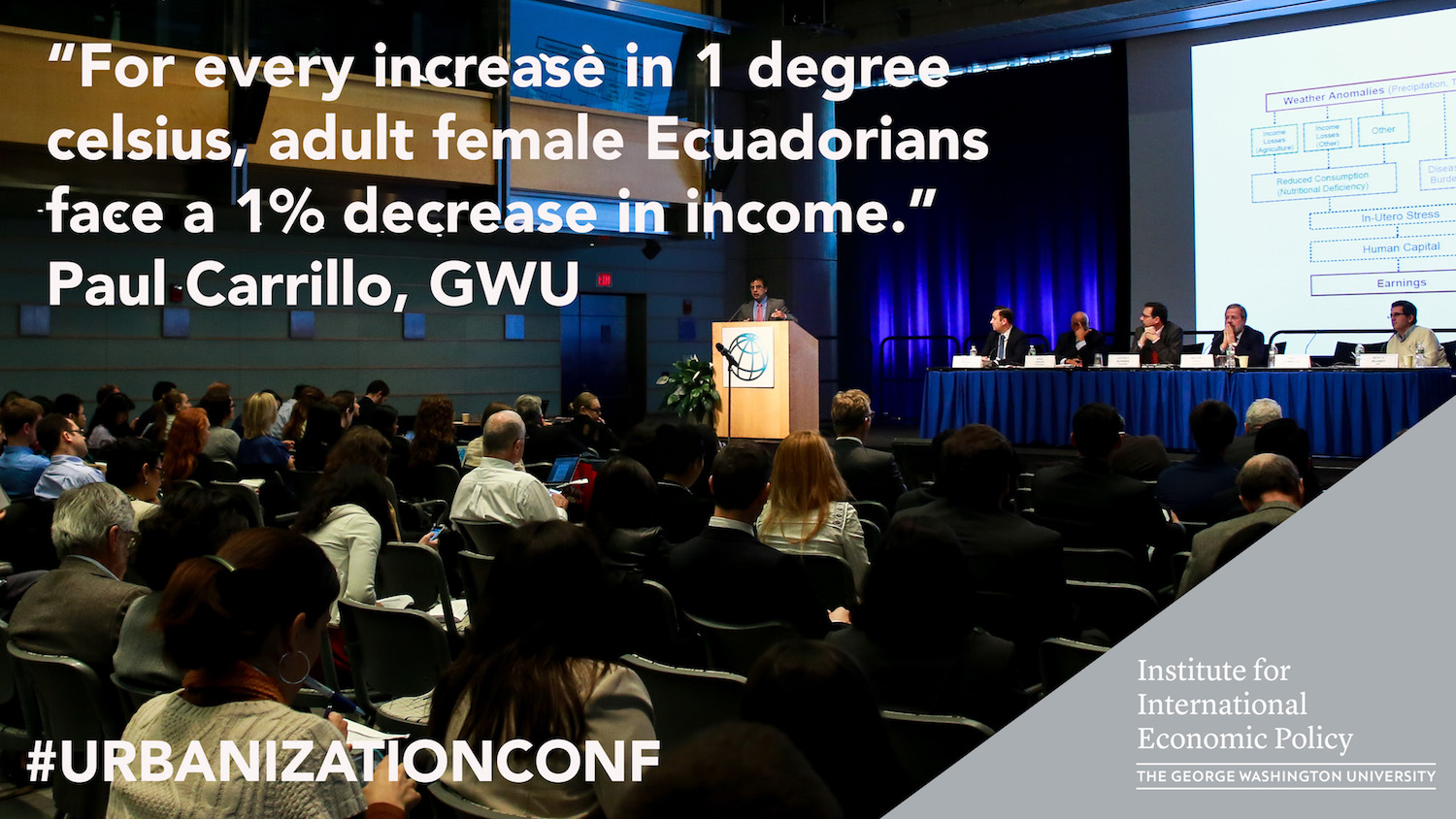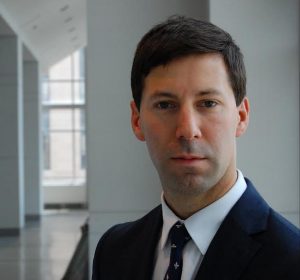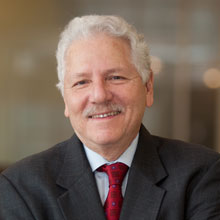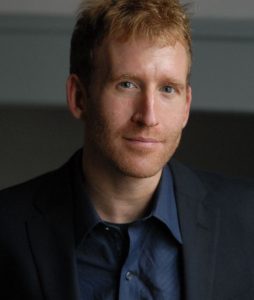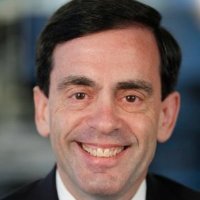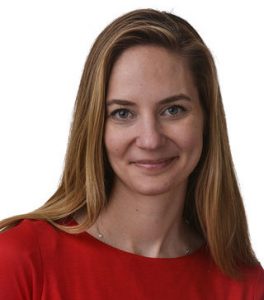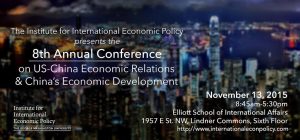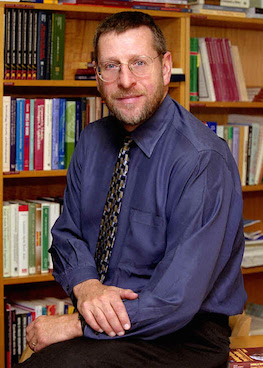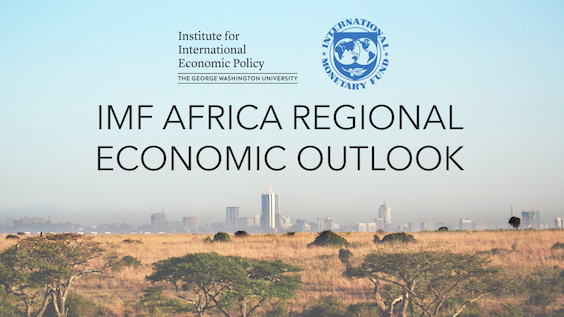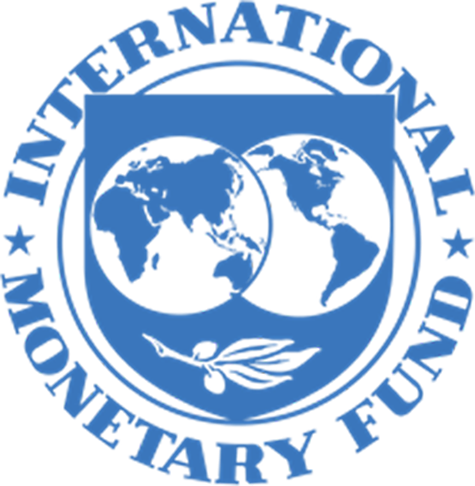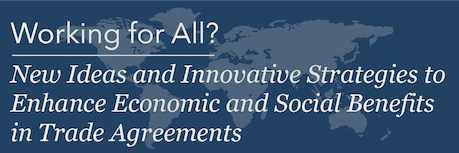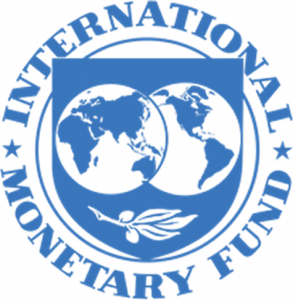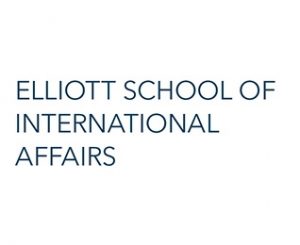Keynote Speakers
Jan K. Brueckner
Professor of Economics, University of California-Irvine
Jan K. Brueckner (AB, UC Berkeley; PhD, Stanford University) was long- time faculty member at the University of Illinois at Urbana-Champaign before coming to UCI in 2005. Brueckner has published extensively in the reas of urban economics, public economics, housing finance, and the economics of the airline industry, with more than 125 journal articles to his credit. He is also author of an innovative new textbook, Lectures on Urban Economics (MIT Press, 2011). Brueckner served as editor of the Journal of Urban Economics for 16 years and is currently a member of the editorial boards of 6 journals. He has served as a consultant to the World Bank, many of the major airlines, and other organizations.
Matthew Kahn
Professor, UCLA Institute of the Environment, the Department of Economics, and the Department of Public Policy
Matthew E. Kahn is a Professor at the UCLA Institute of the Environment, the Department of Economics, and the Department of Public Policy. He is a research associate at the National Bureau of Economic Research. Before joining the UCLA faculty in January 2007, he taught at Columbia and the Fletcher School at Tufts University. He has served as a Visiting Professor at Harvard and Stanford. He holds a Ph.D. in Economics from the University of Chicago. He is the author of Green Cities: Urban Growth and the Environment (Brookings Institution Press 2006) and the co-author of Heroes and Cowards: The Social Face of War (Princeton University Press 2009). His research focuses on environmental, urban, real estate and energy economics.
Chairs and Panelists
Kaushik Basu
Senior Vice President and Chief Economist, World Bank
Kaushik Basu is Senior Vice President (Development Economics) and Chief Economist of the World Bank. Prior to this, he served as Chief Economic Adviser to the Government of India and is currently on leave from Cornell University where he is Professor of Economics and the C. Marks Professor of International Studies. Mr. Basu is a Fellow of the Econometric Society and received India’s Padma Bhushan award as well as the National Mahalanobis Memorial award. Mr. Basu’s contributions span development economics, welfare economics, industrial organization and game theory.
Michael Cohen
Director, Milano School of International Affairs, Management, and Urban Policy
Michael Cohen is an urban and development policy specialist. He worked at the World Bank from 1972 to 1999 and was responsible for much of the bank’s urban policy development during that period. Mr. Cohen has worked in 55 countries and was heavily involved in the World Bank’s work on infrastructure, environment, and sustainable development. His numerous published works include several books on urban development, Africa, and the impact of development assistance. Mr. Cohen has advised governments, NGOs, and academic institutions around the world. He was a member of the Infrastructure Panel and Urban Dynamics Panel of the US National Academy of Science. He has helped the United Nations Human Settlements Programme (UN-HABITAT) prepare its Global Report on Human Settlements in 2005-2012. He is currently the director of The New School’s Observatory on Latin America.
Maureen Cropper
Professor and Chair of the Department of Economics, University of Maryland
Maureen Cropper is a Distinguished University Professor and Chair of the Department of Economics at the University of Maryland. She is also a Senior Fellow at Resources for the Future and former Lead Economist in the Research Department of the World Bank. Dr. Cropper has served as chair of the EPA Science Advisory Board’s Environmental Economics Advisory Committee, and as past president of the Association of Environmental and Resource Economists. Maureen is currently serving as co-Director of the National Academy of Sciences study on Assessing Approaches to Updating the Social Cost of Carbon. She is a member of the National Academy of Sciences and a Research Associate of the National Bureau of Economic Research. Her research interests include valuing environmental amenities and the tradeoffs implicit in environmental regulations, including energy regulations. Her current research focuses on energy efficiency in India and the impact of climate change on migration. Maureen received her Ph.D. in economics from Cornell University in 1973.
Asli Demirgüç-Kunt
Director of Research, Development Economics, World Bank
Asli Demirgüç-Kunt is the Director of Research in the World Bank. After joining the Bank in 1989 as a Young Economist, she has held different positions, including Director of Development Policy, Chief Economist of Financial and Private Sector Development Network, and Senior Research Manager, doing research and advising on financial sector and private sector development issues. She is the lead author of World Bank Policy Research Report 2007, Finance for All? Policies and Pitfalls in Expanding Access. She has also created the World Bank’s Global Financial Development Report and directed the issues on Rethinking the Role of the State in Finance (2013), and Financial Inclusion (2014).
Marianne Fay
Chief Economist, Sustainable Development Vice-Presidency, World Bank Group
Marianne Fay is the Chief Economist of the Climate Change Cross Cutting Solutions Area of the World Bank. She co-directed the World Development Report 2010 on Development and Climate Change and led the World Bank report on Inclusive Green growth: the Pathway to Sustainable Development. She has held positions in different regions of the World Bank (Eastern Europe and Central Asia, Latin America and the Caribbean, Africa) working on infrastructure, urbanization and climate change. Prior to her current position, she served as the Chief Economist of the former Sustainable Development Network of the World Bank. She is the author of a number of articles and books on these topics. Marianne Fay holds a PhD in Economics from Columbia University.
Stephen Hammer
Manager, Climate Change Group, the World Bank
Stephen Hammer joined the World Bank’s Urban Development and Resilience Unit as a Lead Urban Specialist in February 2013, leading the team’s work on cities and climate change issues. He has more than 25 years of government, consulting, and academic experience on energy, environmental, solid waste, and climate change topics. Prior to joining the Bank he was on the faculty at MIT, where he taught a range of courses on energy policy and planning. He previously founded the Urban Energy Program at Columbia University, where he focused on the policy, market, and regulatory environment of urban energy systems; how climate change will affect urban and regional energy systems; and the modeling of energy demand in cities. He also co-founded and served as co-Director of the Urban Climate Change Research Network (UCCRN), a global network of researchers examining climate change from an urban perspective, and he co-edited the UCCRN’s 2011 volume Climate Change and Cities, published by Cambridge University Press. He currently serves on the editorial boards of the academic journals Urban Climate and Local Environment. Dr. Hammer holds degrees from the London School of Economics, the Kennedy School of Government at Harvard University, and the University of California at Davis.
Stephen C. Smith
Professor of Economics and International Affairs, George Washington University and Director, Institute for International Economic Policy
Stephen C. Smith is Professor of Economics and International Affairs at George Washington University. Smith received his PhD in economics from Cornell University and has been a Fulbright Research Scholar and a Jean Monnet Research Fellow. Smith is also an IZA Research Fellow. He serves as an Associate Editor of the Journal of Economic Behavior & Organization. From 2009-2012, Smith served as Director of the Institute for International Economic Policy, where he helped create its four signature initiatives: climate adaptation in developing countries; extreme poverty; global economic governance; and the “G2 at GW” series. Smith has done on-site research and program work in several regions of the developing world including Bangladesh, China, Ecuador, India, Uganda, and Former Yugoslavia. Smith has also conducted extensive research on the economics of employee participation, including works councils, ESOPs, and labor cooperatives in developed and developing countries.
Sameh Wahba
Practice Manager, Urban, Rural and Social Development, World Bank
Sameh Wahba is Sector Manager, Urban Development and Resilience Unit, World Bank, where he is responsible for the Bank’s urban policy, strategy, and analytics at the global level. Prior to this position, Wahba was the Brazil Sector Leader of the Sustainable Development Department at the World Bank’s Latin America and the Caribbean Region, where he was responsible for coordinating the bank’s investment program and policy advisory/analytical services in Brazil in the areas of urban development, infrastructure, disaster risk management, and social development, as well as coordinating the bank’s portfolio in several states including Sao Paulo. Since joining the World Bank in 2004, he has worked on urban development, housing, and infrastructure in Latin America and the Caribbean and the Middle East and North Africa Regions. While at the World Bank, he has managed numerous investment and technical assistance activities related to housing, land and urban upgrading policy, infrastructure, local economic development, municipal/urban development issues, and disaster risk management in several countries. Prior to joining the bank, he worked at the Institute of Housing and Urban Development Studies (IHS) in Rotterdam and at the Harvard Center for Urban Development Studies in Cambridge, Massachusetts.
Shahid Yusuf
Chief Economist of the Growth Dialogue
Shahid Yusuf is Chief Economist of the Growth Dialogue. Dr. Yusuf has written extensively on development issues, with a special focus on East Asia and has also published widely in various academic journals. He has authored or edited 24 books on industrial and urban development, innovation systems and tertiary education. His five most recent books are: Development Economics through the Decades (2009); Tiger Economies under Threat (co-authored with Kaoru Nabeshima, 2009); Two Dragonheads: Contrasting development paths for Beijing and Shanghai (co-authored with Kaoru Nabeshima 2010); Changing the Industrial Geography in Asia: The Impact of China and India (co-authored with Kaoru Nabeshima 2010); and China Urbanizes (co-edited with Tony Saich, 2008). Dr. Yusuf holds a Ph.D. in Economics from Harvard University, and a BA in Economics from Cambridge University. He joined the World Bank in 1974 as a Young Professional and while at the Bank spent more than 35 years tackling issues confronting developing countries. During his tenure at the World Bank, Dr. Yusuf was the team leader for the World Bank-Japan project on East Asia’s Future Economy from 2000-2009. He was the Director of the World Development Report 1999/2000, Entering the 21st Century. Prior to that, he was Economic Adviser to the Senior Vice President and Chief Economist (1997-98), Lead Economist for the East Africa Department (1995-97) and Lead Economist for the China and Mongolia Department (1989-1993). Dr. Yusuf lives in Washington DC and consults with the World Bank and with other organizations.
Discussants
Antonio Bento
Professor of Economics, University of Southern California
Antonio M. Bento is a professor at the Sol Price School of Public Policy and the Department of Economics of the University of Southern California. He is also a research associate of the National Bureau of Economic Research (NBER), and a research fellow of the Schwarzenegger Institute for State and Global Policy. Currently, he serves as the Director of the Graduate Programs in Public Policy at the Sol Price School.
Gilles Duranton
Professor of Real Estate, Wharton School
Gilles Duranton is professor of real estate and holds the Dean’s Chair in Real Estate. He joined the Wharton School in 2012 after holding academic positions at the University of Toronto and the London School of Economics. A graduate from HEC Paris and Sorbonne University, he obtained his PhD in economics jointly from the London School of Economics and the Ecole des Hautes Etudes en Science Sociales in Paris. His research focuses on urban and transportation issues. His empirical work is concerned with urban growth and the estimation of the costs and benefits of cities and clusters. He is also interested in the effects of transportation infrastructure on urban development and the evaluation of local policies. He also conducts theoretical research to gain insight about the distribution of city sizes, the skill composition, and sectoral patterns of activities in cities.
Stéphane Hallegatte
Senior Economist, Climage Change Group, The World Bank
Stéphane Hallegatte is senior economist with the World Bank, in the office of the chief economist of the Climate Change Group. His work includes green growth and climate change mitigation strategies, urban economics, and climate change adaptation and disaster risk management. He is lead author of the IPCC for its fifth assessment report. He also co-led the World Bank report “Inclusive Green Growth” in 2012, and published dozen of articles and several books, including “Natural disasters and climate change – an economic perspective” in 2014. Stephane Hallegatte holds an engineering degree from the Ecole Polytechnique and a PhD in economics from the Ecole des Hautes Etudes en Sciences Sociales in Paris.
Presenters
Shlomo Angel
Senior Research Scholar, NYU Stern Urbanization Project
Shlomo (Solly) Angel is an Adjunct Professor at NYU and senior research scholar at the NYU Stern Urbanization Project, where he leads the Urban Expansion initiative. Angel is an expert on urban development policy, having advised the United Nations, the World Bank, and the Inter-American Development Bank (IDB). He currently focuses on documenting and planning for urban expansion in the developing world. Angel earned a bachelor’s degree in architecture and a doctorate in city and regional planning at the University of California, Berkeley.
Alain Bertaud
Adjunct Professor, Marron Institute
Alain Bertaud is an Adjunct Professor at the Marron Institute and a senior research scholar at the NYU Stern Urbanization Project. At the moment, he is writing a book about urban planning that is tentatively titled Order Without Design. Bertaud previously held the position of principal urban planner at the World Bank. After retiring from the Bank in 1999, he worked as an independent consultant. Prior to joining the World Bank he worked as a resident urban planner in a number of cities around the world: Bangkok, San Salvador (El Salvador), Port au Prince (Haiti), Sana’a (Yemen), New York, Paris, Tlemcen (Algeria), and Chandigarh (India).
Paul E. Carrillo
Associate Professor of Economics and International Affairs, George Washington University
Paul E. Carrillo is an Associate Professor of Economics and International Affairs at George Washington University. His research interests are in applied microeconomics including applications in urban economics and development economics. His research has been published and/or is forthcoming in leading academic such as Review of Economics and Statistics, International Economic Review, Regional Science and Urban Economics, Journal of Development Economics, Real Estate Economics, Journal of Real Estate Finance and Economics, and Journal of Housing Economics. He currently serves as Associate Editor of the Journal of Regional Science. Paul received his Ph.D. degree from the University of Virginia in 2006.
Klaus Desmet
Altshuler Professor of Cities, Regions and Globalization, Southern Methodist University
Klaus Desmet is the Altshuler Professor of Cities, Regions and Globalization at Southern Methodist University and a research fellow at the Centre for Economic Policy Research. He holds an MSc in business and engineering from the Université catholique de Louvain and a PhD in economics from Stanford University. His research focuses on regional economics, international trade, economic growth and diversity. His work has appeared in journals such as the American Economic Review, the Journal of Economic Theory and the Journal of Development Economics.
Walker Hanlon
Assistant Professor at UCLA
Walker Hanlon is an Assistant Professor at UCLA, a Faculty Research Fellow at the NBER, and a Research Associate at the California Center for Population Research. He received his Ph.D. from Columbia University in 2012. He is currently pursuing two main lines of research. The first seeks to better understanding the forces driving innovation and economic growth over the long term using novel historical data sources. Much of his work in this area takes advantage of the economic shock to the British economy causes by the U.S. Civil War. Using this event, he explores how the sudden shortage in cotton caused by the U.S. Civil War on innovation in the British cotton textile industry, and whether the temporary recession in cotton textile cities had a long-term impact on the trajectory of city growth. His second line of research looks at the long-run impact of pollution on urban economies, with a particular focus on industrial pollution linked to coal use in the cities of 19th century Britain. In this line of research, he investigates both the health effects of pollution, as well as the impact of pollution on long-run city growth and population sorting.
Shareen Joshi
Assistant Professor of International Development, Georgetown University School of Foreign Service
Shareen Joshi is Assistant Professor of International Development at the Georgetown University School of Foreign Service and Non-Residential Research Fellow in Quantitative Research at ICRW. She has a PhD in Economics from Yale University and an undergraduate degree in Mathematics and Economics from Reed College in Portland Oregon. Her research focuses on examining the impact of poverty-alleviation policies on the well-being of families. Much of her work has a strong focus on issues of gender and long-term investments in human capital. Recent work has explored the relationship between pollution and child mortality in India, the impact of India’s Janani Suraksha Yojana (Safe Motherhood) program on health-care provision in India, the impact of women’s self-help groups on women’s collective action and the long term consequences of a family planning programs in Bangladesh.
Guy Michaels
Associate Professor, London School of Economics
Guy Michaels is an Associate Professor in the Department of Economics at the London School of Economics and Political Science (LSE) and a research associate at Centre for Economic Performance (CEP) at the LSE. He is also a research affiliate at the Centre for Economic Policy Research (CEPR), an affiliate at the Bureau for Research and Economic Analysis of Development (BREAD), and an external research associate at the Oxford Centre for the Analysis of Resource Rich Economies (OxCarre). He also serves as a member of the editorial board of the Review of Economic Studies. His research interests include labor economics, economic development, and economic geography. His research focuses on urbanization, labor market inequality and resource-rich economies. He has received a B.Sc. in Mathematics, magna cum laude, from Tel-Aviv University in 2000 and a Ph.D. in Economics from Massachusetts Institute of Technology in 2006.
Adam Storeygard
Assistant Professor of Economics, Tufts University
Adam Storeygard joined Tufts after receiving his PhD from Brown University in 2012. His research interests are in development and urban economics, and particularly in urbanization, transportation, and the economic geography of sub-Saharan Africa. Before graduate school he worked at Columbia University developing and analyzing spatial datasets related to health and development. Professor Storeygard’s work has appeared in journals including the American Economic Review, Nature, and the Bulletin of the World Health Organization. His prior degrees are an A.B. in Physics from Harvard University and an M. Phil. in Environment and Development from Cambridge University.
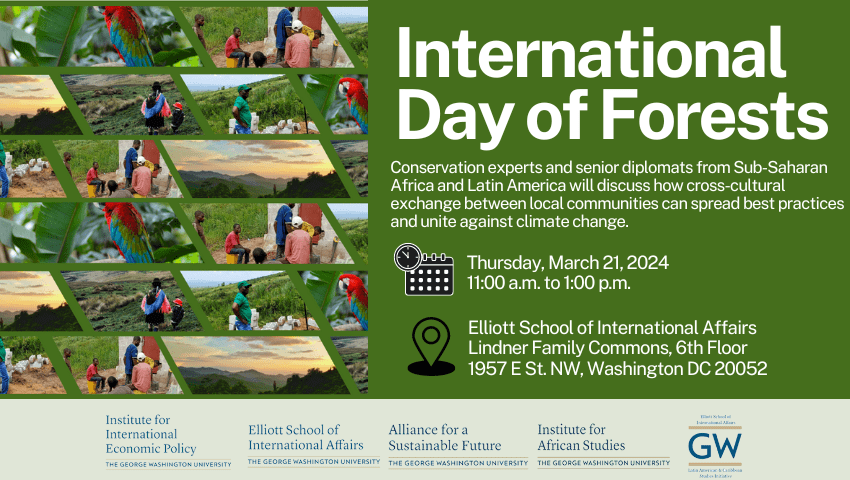



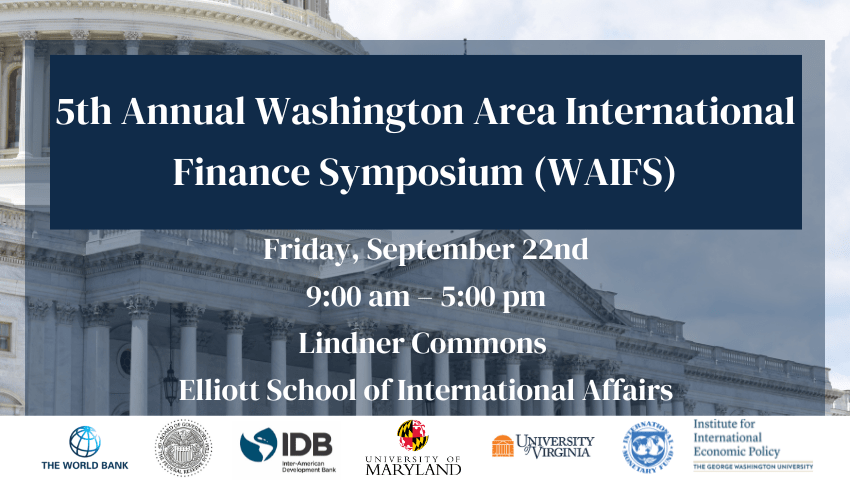
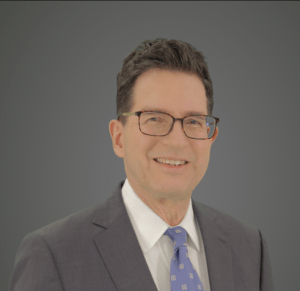 Harry Harding is Yushan Scholar and University Chair Professor in the College of Social Science at National Cheng Chi University in Taiwan and University Professor Emeritus and Professor Emeritus of Public Policy at the University of Virginia, where he is also a Faculty Senior Fellow at the Miller Center of Public Affairs. He has previously held visiting or adjunct appointments at the Hoover Institution at Stanford, the University of Washington, the Chinese University of Hong Kong, the University of Sydney, the University of Hong Kong, the Hong Kong University of Science and Technology, and National Cheng Chi University.
Harry Harding is Yushan Scholar and University Chair Professor in the College of Social Science at National Cheng Chi University in Taiwan and University Professor Emeritus and Professor Emeritus of Public Policy at the University of Virginia, where he is also a Faculty Senior Fellow at the Miller Center of Public Affairs. He has previously held visiting or adjunct appointments at the Hoover Institution at Stanford, the University of Washington, the Chinese University of Hong Kong, the University of Sydney, the University of Hong Kong, the Hong Kong University of Science and Technology, and National Cheng Chi University.
